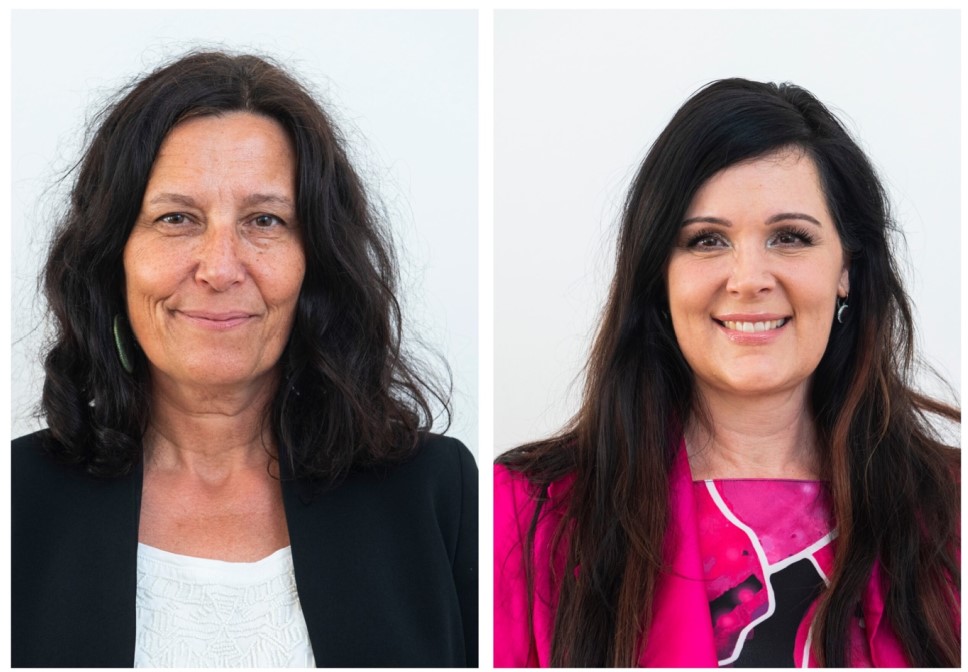By: Andrej Žitnik / Nova24tv
The Freedom Movement party (Gibanje Svoboda) has its own vision of the right to a referendum. When it suits them politically, the referendum is the cornerstone of democracy. When it does not suit them, a referendum is abuse.
The deadline for collecting signatures for referendums on the proposed amendments to the Government Act, the proposed amendments to the Radio-Television Slovenia Act, and the proposed amendments to the Long-Term Care Act has recently started, and the three referendums will be called if the petitioners collect 40 thousand signatures by the 5th of October. The Slovenian Democratic Party (Slovenska demokratska stranka – SDS) has announced that it will actively participate in the referendum campaign.
Namely, the three aforementioned acts are the laws that will make an important difference to the quality of life of ordinary citizens. Let us remind you that the new amendments to the Radio-Television Slovenia Act would like to regressively take the public service back to the pre-2005 era when it was still controlled by the interest groups of the hard left. The proposed amendments to the Long-Term Care Act would postpone for two years the implementation of all measures that would enable people to lead a normal life and enjoy human dignity in spite of their illness, old age, injuries, disabilities, and/or loss of intellectual capacity. The Government Act would further increase the size of the state apparatus and the cost of public administration while citizens are drowning in an inflationary tide.
Janja Sluga: A referendum is the cornerstone of democracy
These referendums will have such a profound impact on the lives of Slovenians that they are certainly justified. Much more so than last year’s agitprop campaign “on drinking water,” which the quasi-institutes of the likes of the Institute of the 8th of March, together with the mainstream media, managed to serve up to the public. Interestingly, Janja Sluga, who was still an independent MP back then, and was a saboteur within the Modern Centre Party (Stranka modernega centra – SMC) before that, who is now a member of the Freedom Movement party, saw the referendum as a cornerstone of democracy back then and believed in the right of citizens to participate in the decision-making process when it comes to important issues. And what about today? Do citizens still deserve to “decide on important topics?”
It could certainly be argued that it is an important topic if the left-wingers are going to completely take over a public institution that everyone is forced to pay for – we are, of course, referring to the national media outlet, Radio-Television Slovenia. It is an equally important topic if, despite the global crisis, citizens are going to have to pay for a record number of government portfolios. The most important question, however, is whether the money from the state budget will go to the elderly and sick or to Metelkova 6.
Referendums are only allowed when the left is part of the opposition
But now, the rhetoric has changed completely – suddenly, it is no longer about citizens deciding on important issues. It is now about the SDS party’s abuse of the referendum, as the former DeSUS party official Tereza Novak, a party colleague of Janja Sluga, claims. This is a very telling rhetoric because the will of 40 thousand voters, if the promoters of the referendum manage to gather their signatures, apparently means little more to the representatives of the Freedom Movement party than an obstacle on the way to the final goal that they have in mind. Referendums are, therefore, a legitimate means when the left is in opposition, but when they are in power, they would prefer to push those 40 thousand signatories into the abyss – regardless of the fact that they, too, pay taxes. This is not just a double standard but a basic ignorance of the postulates of democracy.
